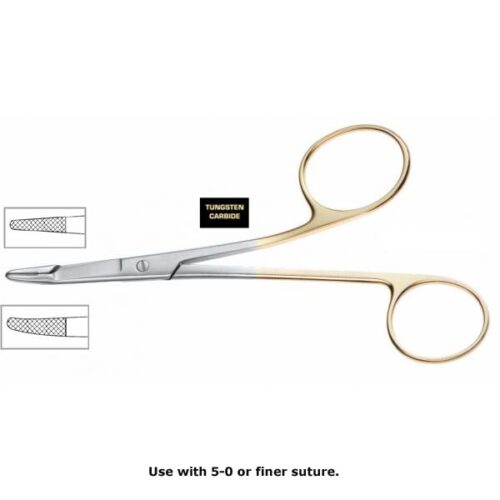The Versatility and Importance of Foster Forceps in Medical Practice
The Versatility and Importance of Foster Forceps in Medical Practice
Blog Article
Foster forceps are specialized surgical instruments designed for gripping, holding, and manipulating tissues, sutures, or materials during medical and surgical procedures. Known for their precision and durability, Foster forceps are frequently used in various medical disciplines, including general surgery, gynecology, and urology. Their ergonomic design and functionality make them an essential tool in the operating room and clinical settings.

Features and Design
Foster forceps are typically characterized by their long, slender jaws and secure locking mechanism. The locking ratchet ensures a firm grip, enabling surgeons to hold tissues or materials without exerting continuous pressure. This design reduces hand fatigue during prolonged procedures. Made from high-quality stainless steel, these forceps are corrosion-resistant and suitable for repeated sterilization, ensuring durability and reliability over time. Some models are enhanced with tungsten carbide inserts to provide additional grip and longevity.
Applications in Medical Procedures
The Foster forceps are versatile tools used in a wide range of procedures. In gynecology, they are often employed for grasping delicate tissues during uterine surgeries. In general surgery, these forceps help in holding sutures or controlling bleeding by applying pressure to small vessels. Their precision and secure locking mechanism make them invaluable for procedures requiring a steady and reliable grip.
Benefits for Surgeons and Patients
The ergonomic design of Foster forceps minimizes hand fatigue, improving the surgeon's control and comfort during extended procedures. Their precision tips and reliable grip reduce the risk of slippage, enhancing patient safety by ensuring minimal trauma to tissues. Additionally, their durable construction ensures that healthcare professionals can rely on them for consistent performance over time.
Selecting the Right Foster Forceps
Choosing the appropriate Foster forceps involves considering the specific requirements of the procedure. Factors such as jaw length, tip design (serrated or non-serrated), and the presence of a locking mechanism should be evaluated. High-quality Foster forceps not only improve surgical efficiency but also contribute to better patient outcomes.
Maintenance and Longevity
Proper care and maintenance are critical for extending the life of Foster forceps. Regular cleaning, sterilization, and inspection for damage are essential to maintaining their performance and preventing contamination. High-quality instruments often come with a warranty or certification of raw material quality, providing additional assurance of their reliability.
Conclusion
Foster forceps are an indispensable tool in modern medical practice, offering precision, reliability, and versatility across a range of procedures. Their ergonomic design and durable construction make them a favorite among surgeons and healthcare providers. By selecting the right Foster forceps and maintaining them properly, medical professionals can ensure the highest standards of care and safety for their patients. Report this page